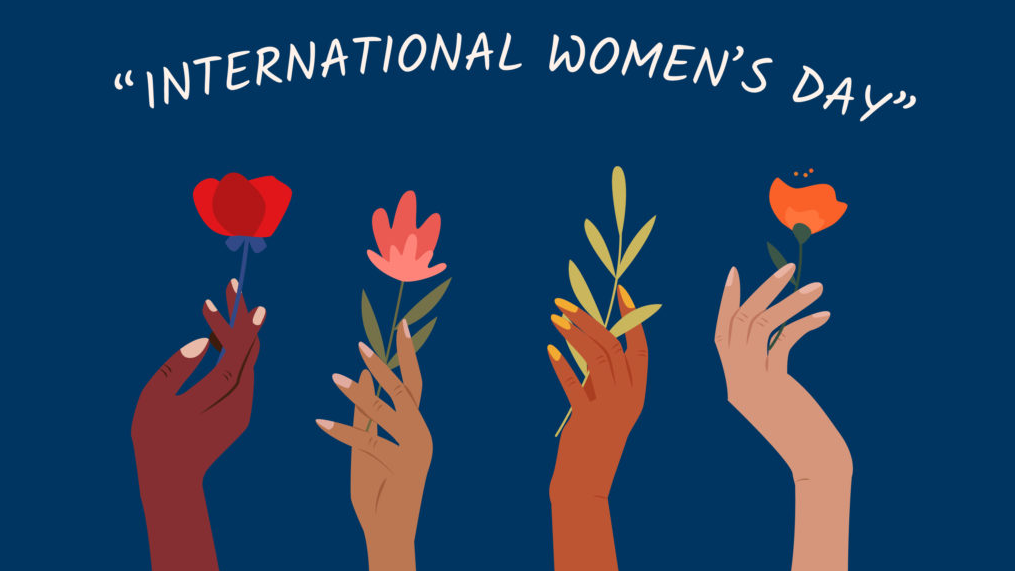International Women’s Day (IWD) is celebrated every year on March 8th to honour women’s achievements in social, cultural, political, and economic domains and promote gender equality. The roots of IWD date back to 1909 when the Socialist Party of America established a Women’s Day to commemorate the 1908 strike by garment workers in New York City. Women demanded better working conditions and equal rights during the strike, which inspired the establishment of Women’s Day.
Since then, IWD has become a global event with each year’s theme highlighting a specific aspect of women’s empowerment and gender equality. This year’s theme for IWD 2023 is “DigitALL: Innovation and technology for gender equality.” This theme highlights how technology can promote gender equality and empower women worldwide. Technology provides a platform for women to raise their voices, share their experiences, advocate for their rights, and connect with like-minded women. For example, online platforms like Coursera and LinkedIn offer women opportunities to gain essential skills and knowledge to secure better-paying jobs. Moreover, technology has enabled flexible working arrangements, allowing women to balance work and family responsibilities.
Despite technological advancements, many women in developing countries still face limited or no access to technology, hindering their growth and progress towards a better life. To address this issue, more efforts are needed to provide access to technology for women in these countries. The reason we celebrate International Women’s Day every year is not only to honour women but also to bring attention to the inequalities, challenges, and discrimination women face. The occasion serves as a platform for political activism, with women’s groups advocating for policy changes that benefit women. Additionally, Women’s Day has a cultural impact as it challenges traditional gender roles and stereotypes, promoting a more inclusive and diverse understanding of being a woman.
Although there have been some advances in women’s progress towards gender parity, such as women accounting for 25.5% of national parliaments worldwide as of 2021, there are still many challenges that women face. For instance, the global gender pay gap remains at 16%, with women earning less than men in all industries. Violence against women persists globally, with one in three women experiencing physical or sexual violence during their lifetime. Therefore, there is still much work to be done to achieve gender equality and women’s empowerment.
To support the movement for gender equality and women’s empowerment, readers can advocate for policies, support women’s businesses and political participation, mentor and educate challenge gender norms, and speak out against violence. By working together and creating policies and programs that promote equality, we can create a more just and equitable world for all.
I encourage all readers to support the movement for gender equality and women’s empowerment by advocating for policies, supporting women’s businesses and mentoring and educating, challenging gender norms, and speaking out against violence. Technology can play a critical role in empowering women worldwide, but more efforts are needed to provide access to technology for women in developing countries. By working together, we can create a world where gender equality is a reality for all.
(Author is Pursuing Bachelor of Arts from Kashmir University and is a fellow at LedBY Foundation. She can be reached at: [email protected]








